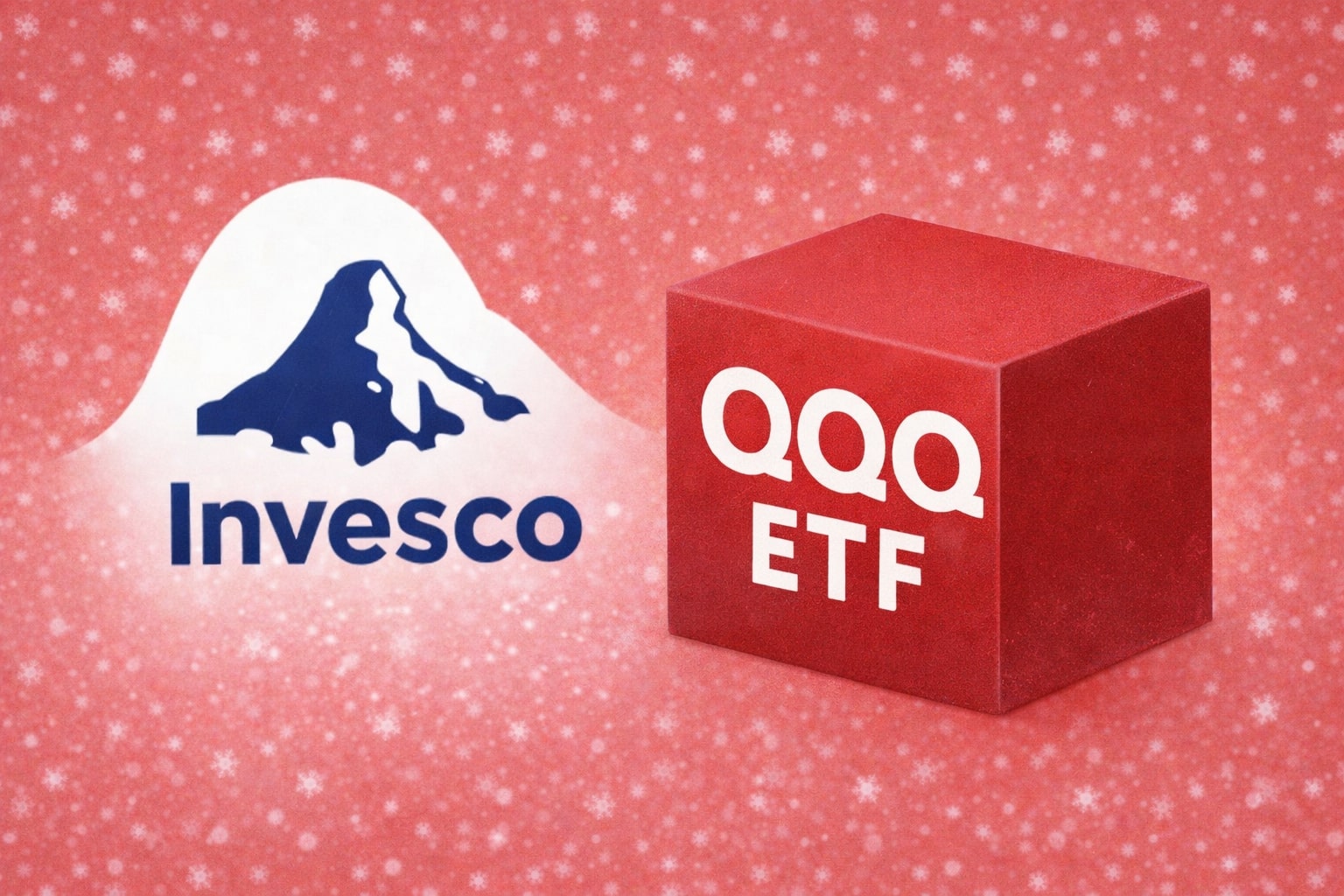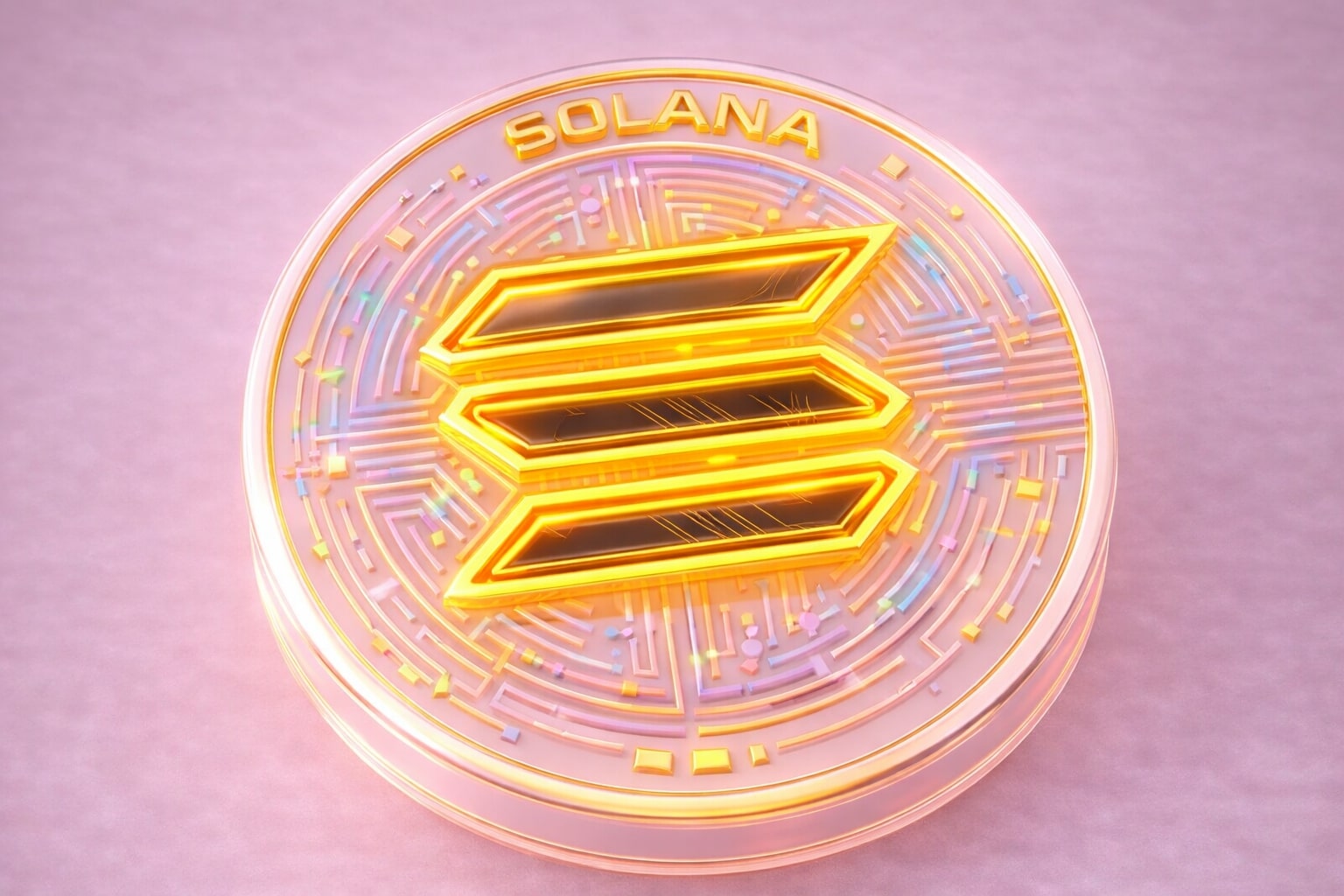
Baidu Stock Price Forecast - BIDU Shares Rallies 7% to $118.93 as J.P. Morgan Targets $188
Baidu gains momentum after J.P. Morgan’s bullish upgrade, signaling a shift from falling ad revenue to explosive AI Cloud and Kunlun chip growth | That's TradingNEWS
NASDAQ:BIDU Surges 7% as J.P. Morgan Sees 69% Upside — AI Cloud, Kunlun Chips, and Apollo Go Drive Baidu’s Next Phase
Baidu’s Stock Rebounds Strongly on J.P. Morgan Upgrade
NASDAQ:BIDU climbed sharply to $118.93, gaining 7.19% or +$7.98, after J.P. Morgan upgraded the stock to Overweight from Neutral and raised its price target from $110 to $188, implying 69.4% upside. The rally reflects investor confidence in Baidu’s rapid AI expansion, signaling a market rotation from its struggling legacy advertising segment to high-growth AI infrastructure and autonomous mobility. The market capitalization now stands at $38.14 billion, with a P/E of 35.44, as volume surged above 4 million shares.
Revenue Decline Masks Explosive AI Growth
For Q3 2025, Baidu reported RMB 31.17 billion in revenue, a 7.1% year-on-year decline, and a net loss of RMB 11.23 billion, reflecting a –247% drop in profit due to impairment charges and heavy AI investment. Operating expenses rose 4.7% y/y to RMB 11.76 billion as Baidu accelerated spending on ERNIE AI, Kunlun chips, and cloud infrastructure. EBITDA fell sharply by 55.9% to RMB 3.39 billion, while the net profit margin plunged to –36.03%. Despite this headline weakness, underlying AI performance delivered a structural pivot that the market had long discounted.
AI Cloud and Kunlun Chips Reshape Revenue Composition
Baidu’s AI Cloud revenue soared 21% y/y to RMB 6.2 billion, with infrastructure services up 33% and subscription-based AI acceleration revenue climbing 128%. J.P. Morgan forecasts Kunlun AI chip sales will grow sixfold to RMB 8 billion by 2026, underscoring Baidu’s success in replacing Western GPU reliance with domestic semiconductor solutions. The bank expects GPU compute revenue to maintain triple-digit growth amid “enterprise mania for model training, fine-tuning, and inference.” Baidu’s GPU and chip strategy now represents its most defensible moat in China’s AI ecosystem.
Apollo Go Robotaxi and Autonomous Mobility Expansion
The Apollo Go segment continues to post exponential metrics, with 3 million fully driverless rides in Q3, up 212% y/y, confirming Baidu’s dominance in China’s autonomous-vehicle landscape. The company has expanded into 22 cities, with pilot programs in Abu Dhabi, signaling international ambitions. Monetization of robotaxi networks remains early, but the data scale and regulatory head start give Baidu a strong competitive edge. Long-term valuation models from independent analysts assign a $174–$177 intrinsic value per share, implying 50% upside even before full robotaxi commercialization.
Advertising Decline Continues Amid AI Cannibalization
Traditional online marketing revenue slid 18% y/y to RMB 15.3 billion as Baidu’s AI-driven ad automation replaced legacy search placements. Around 70% of mobile search results now feature AI-generated content, up from 64% in July 2025, demonstrating how quickly AI integration is reshaping monetization. Management confirmed that AI-native marketing revenue, driven by AI agents and digital humans, surged 262% to RMB 2.8 billion, now forming 18% of ad revenue. These products will ultimately replace older ad formats, but near-term cannibalization pressure persists.
Read More
-
QQQ ETF At $626: AI-Heavy Nasdaq-100 Faces CPI And Yield Shock Test
11.01.2026 · TradingNEWS ArchiveStocks
-
Bitcoin ETF Flows Flip Red: $681M Weekly Outflows as BTC-USD Stalls Near $90K
11.01.2026 · TradingNEWS ArchiveCrypto
-
Natural Gas Price Forecast - NG=F Near $3.33: NG=F Sinks as Supply Surges and China Cools LNG Demand
11.01.2026 · TradingNEWS ArchiveCommodities
-
USD/JPY Price Forecast - Dollar Breaks Toward ¥158 as Yen Outflows and US Data Fuel Dollar Charge
11.01.2026 · TradingNEWS ArchiveForex
Cash Flow, Assets, and Balance-Sheet Position
Baidu reported cash and short-term investments of RMB 124.82 billion, down 6% y/y, and total assets of RMB 444.07 billion, up 6.4%. Total liabilities increased 13.3% to RMB 156.47 billion, while free cash flow remained negative at –RMB 1.34 billion, down 138.6% y/y. Despite this, net cash rose 154.9% to RMB 8.73 billion, signaling improved liquidity through financing inflows. The return on assets (0.61%) and return on capital (0.71%) highlight low efficiency, though this is typical during transformation cycles dominated by CapEx and AI infrastructure spending.
Analyst Outlooks and Valuation Benchmarks
Three major institutions have revised upward:
-
J.P. Morgan: Overweight, $188 target (+69%).
-
Benchmark: Buy, $158 target (+33%).
-
Susquehanna: Neutral, $110 target, citing near-term margin pressure.
Consensus forward P/E ≈ 14.6, revenue growth –2.6% y/y, and short interest 1.88%. Quantitative rankings remain mixed (Analyst Buy 4.00, Wall Street Buy 4.39, Quant Hold 3.17).
Baidu’s valuation discount to U.S. peers remains stark: Alphabet (GOOGL) ~ 28× FWD P/E, Microsoft (MSFT) ~ 32×, while BIDU ~ 15×, despite double-digit growth potential in AI cloud and chip verticals. If AI margins recover to 25% over five years, fair value estimates exceed $175–$190/share, consistent with the most bullish street projections.
Strategic Position and Competitive Edge
Baidu’s “four-layer full-stack AI architecture” — spanning infrastructure, framework, models, and applications — anchors its strategy. The ERNIE Bot ecosystem, Kunlun P800 chips, and Apollo Go platform create vertical integration that mirrors Google’s TPU and Amazon’s Trainium strategies. This design reduces dependency on U.S. GPUs and insulates Baidu from export restrictions. The company is also exploring open-sourcing the ERNIE model, seeking mass developer adoption to expand its AI ecosystem, a move expected to support long-term monetization of AI Cloud services.
Macroeconomic and Policy Context
China’s technology policy remains supportive of domestic AI expansion, but weak consumer sentiment continues to limit ad recovery. Fiscal stimulus of RMB 1.2 trillion aims to stabilize growth into 2026. Within this macro frame, Baidu is repositioning from a cyclical ad-dependent model to a structural AI-compute supplier and robotaxi network. These shifts explain why the market now values Baidu as a hybrid of AI infrastructure + mobility, not merely a search platform.
Outlook and Verdict
With shares trading at $118.93, Baidu remains substantially below consensus fair-value ranges ($158–$188). The stock has a near-term support band around $110, resistance near $125–$130, and a long-term breakout threshold above $150. The current rally is fueled by institutional repositioning ahead of 2026’s AI revenue acceleration.
Verdict: Buy.
Rationale — The transformation metrics show Baidu crossing the inflection point from ad contraction to AI-led expansion. Cloud growth above 20%, Kunlun chip scaling, and robotaxi monetization point to a durable re-rating cycle. The downside risk lies in delayed ad recovery and margin compression, but structural momentum supports a medium-term price target of $175–$180, implying ~45% upside.
Real-time tracking: tradingnews.com/Stocks/BIDU/real_time_chart


















